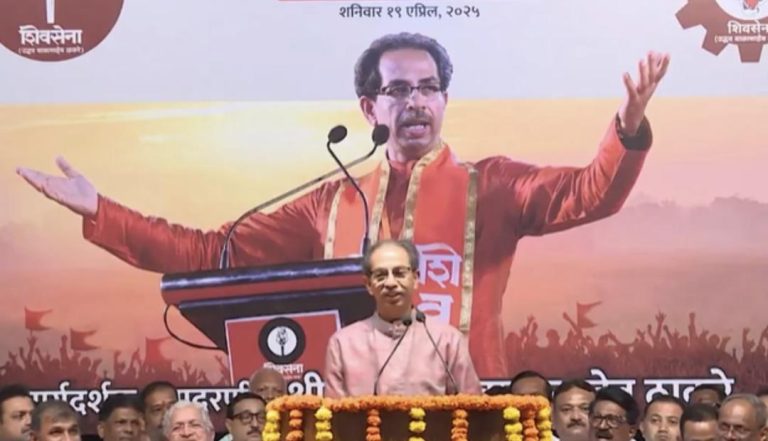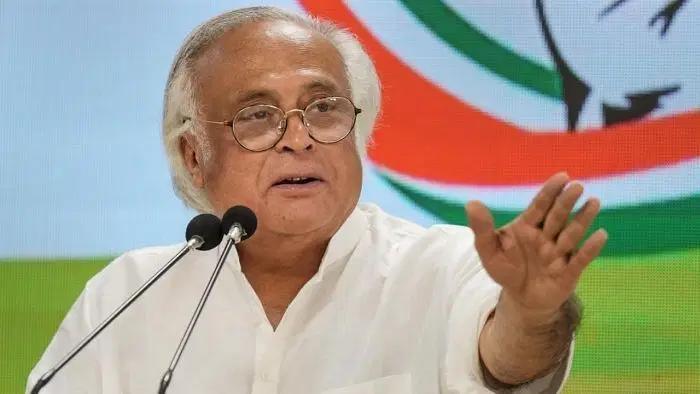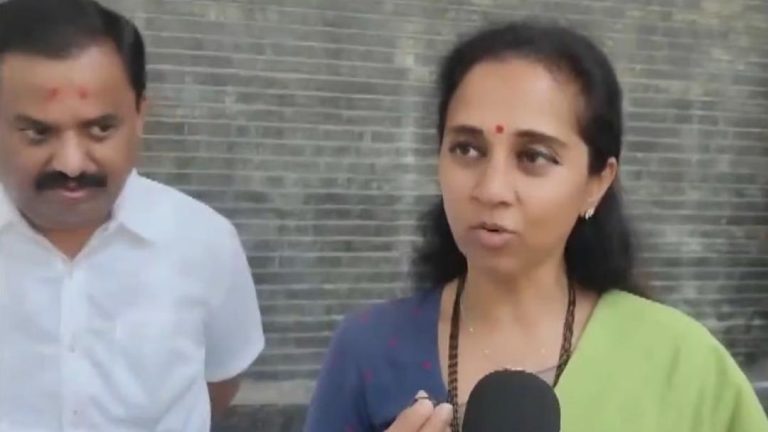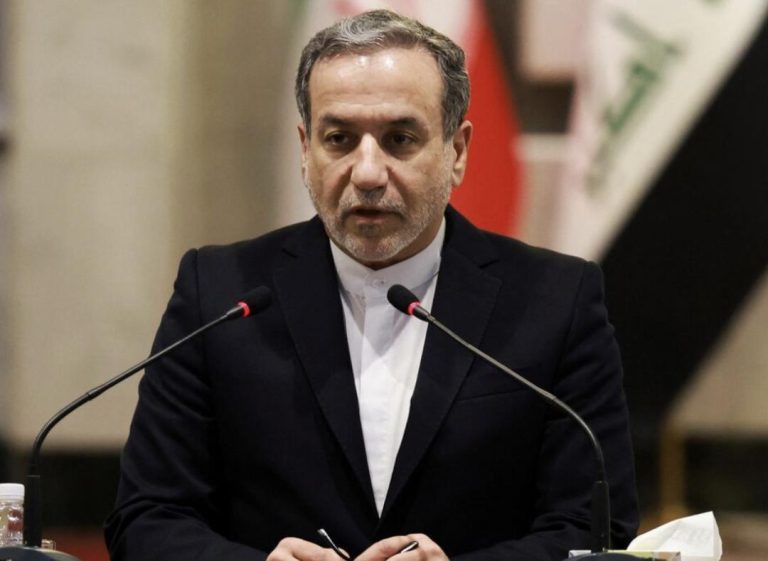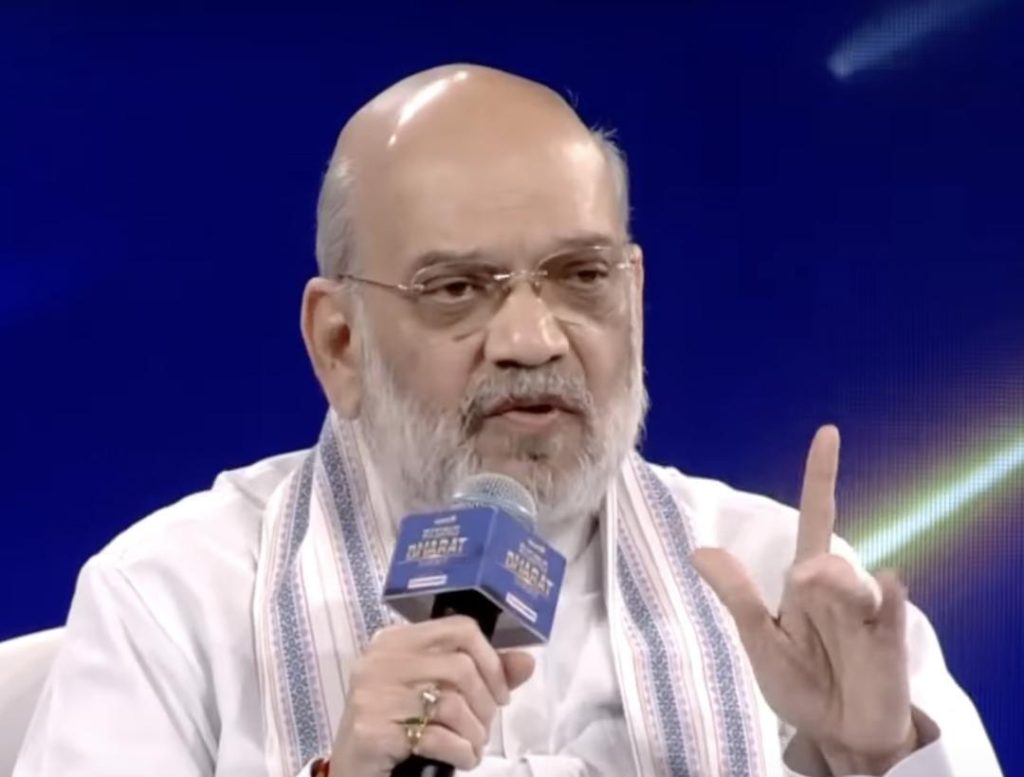
Our Stand is Clear: PoK Belongs to India
The Union Home Minister, Amit Shah, has once again reiterated India’s stance on Pakistan-occupied Kashmir (PoK), stating that it belongs to India. In a recent statement, Shah emphasized that India’s claim on PoK is not just a claim, but a belief supported by historical documents and a strong legal case.
The statement was made during the Rising Bharat 2025 conference, where Shah was addressing a gathering of intellectuals, policymakers, and other stakeholders. When asked about Pakistan’s claims of India’s involvement in Balochistan, Shah categorically denied the allegations, stating that Pakistan is unable to handle the situation.
A Clear Stand
For years, India has maintained a firm stance on PoK, which has been under Pakistani occupation since the Indo-Pakistani War of 1947. The region has been a source of contention between the two neighboring countries, with each side claiming sovereignty over the territory. India has consistently maintained that PoK is an integral part of its territory, and that it will not rest until the region is liberated from Pakistani occupation.
Shah’s statement is a clear reflection of India’s unwavering commitment to regaining control over PoK. He emphasized that India’s claim on the region is not based on any arbitrary or unilateral decision, but is rooted in historical facts and legal documents. “It’s not a claim, but a belief supported by historic documents,” Shah said. “Our legal case is also strong.”
Historical Documents
The historical documents that Shah referred to are likely a reference to the Instrument of Accession signed by the Maharaja of Kashmir, Hari Singh, in 1947. The Instrument of Accession was signed after Pakistan’s invasion of Kashmir, and it declared the state’s accession to India. The document is recognized as a legally binding agreement between the Maharaja and the Government of India, and is considered a key piece of evidence in India’s claim to PoK.
In addition to the Instrument of Accession, India has also produced other historical documents and evidence to support its claim to PoK. These include maps, treaties, and other records that demonstrate the region’s historical ties with India. The Government of India has also presented evidence of Pakistan’s illegal occupation of the region, including witness testimony, photographs, and other documentation.
A Strong Legal Case
Shah’s statement also referred to India’s strong legal case in support of its claim to PoK. The Government of India has been pursuing legal action in international forums, including the United Nations, to challenge Pakistan’s occupation of the region. India has also been working to strengthen its legal case by gathering evidence and building alliances with other countries that recognize India’s sovereignty over PoK.
In addition to legal action, India has also been pursuing diplomatic efforts to pressure Pakistan to vacate the region. India has been working with other countries, including the United States, France, and the United Kingdom, to build a global consensus on the issue. The Government of India has also been engaging with international organizations, such as the United Nations and the European Union, to raise awareness about Pakistan’s illegal occupation of PoK.
Pakistan’s Blame Game
In response to Pakistan’s allegations of Indian involvement in Balochistan, Shah denied the claims, stating that Pakistan is unable to handle the situation. Pakistan has been accusing India of supporting Baloch separatist groups, which have been fighting for independence from Pakistan. However, India has consistently denied these allegations, stating that it does not support any terrorist activities or separatist movements.
Shah’s statement is a clear indication that India will not be swayed by Pakistan’s baseless allegations. Instead, India will continue to focus on its legitimate claim to PoK, and will work to strengthen its legal case and diplomatic efforts to pressure Pakistan to vacate the region.
Conclusion
In conclusion, Amit Shah’s statement on PoK is a clear reflection of India’s unwavering commitment to regaining control over the region. The Union Home Minister’s statement emphasizes that India’s claim to PoK is not just a claim, but a belief supported by historical documents and a strong legal case. India will continue to pursue legal action, diplomatic efforts, and other means to pressure Pakistan to vacate the region and recognize India’s sovereignty over PoK.
As the situation in PoK continues to unfold, it is clear that India will remain steadfast in its commitment to regaining control over the region. The Government of India will continue to work tirelessly to strengthen its legal case, build alliances with other countries, and engage with international organizations to raise awareness about Pakistan’s illegal occupation of PoK.
Source:
